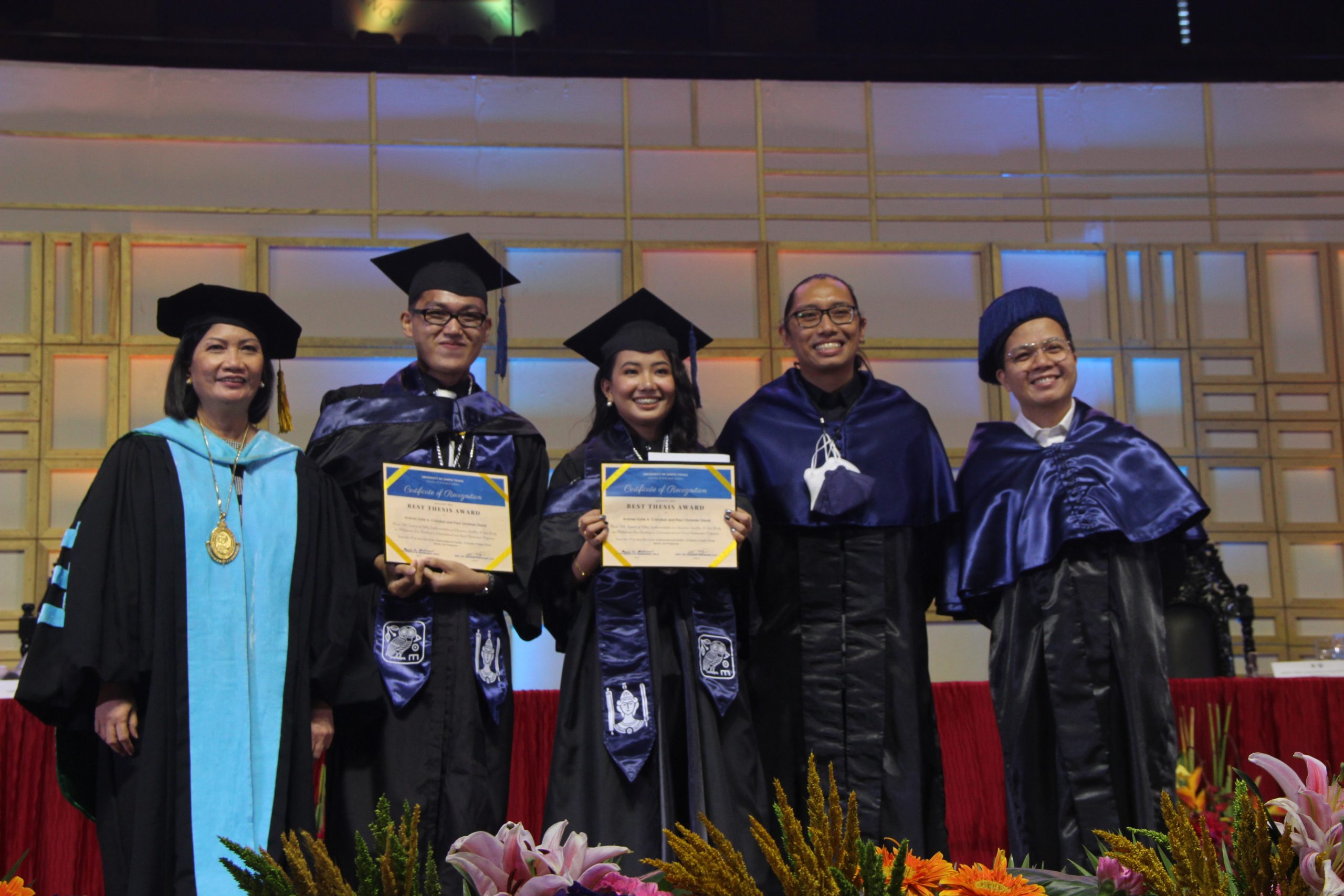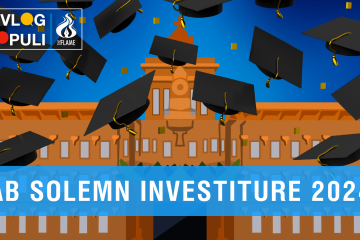
THE POOR educational performance of many Filipino students is a result of a “disorganized” and “incoherent” implementation of an education policy, an undergraduate study has suggested.
The research titled “Impact of Policy Implementation on Education Quality: A Case Study on Philippines’ Low Ranking in International and Local Assessment Programs” argued that the country’s education is disorderly due to the lack of an integrated system.
The study conducted by political science students Andrea Gail Cristobal and Paul Christian David won the best thesis award in the political science department this year.
“The data we gathered manifested a certain level of lack in terms of a holistic system of education that greatly affects the nuances in terms of culture and tradition of every locality in the country rooted in our deep cultural diversity, which also includes the limited medium in language,” David told The Flame.
The students’ low scores in various assessments like the Programme for International Student Assessment (PISA), Trends in Mathematics and Science Studies (TIMSS), Southeast Asia Primary Learning Metrics (SEA-PLM), and the National Achievement Test (NAT) reflected a problem in the educational sector.
But over the years, the Department of Education (DepEd) implemented policies that focused on improving the quality of education.
These include Republic Act 10533 or the Enhanced Basic Education Act of 2013, which sought to adjust the educational standards and principles to make them globally competitive.
David explained that because of “immense bureaucracy” or self-discretion, educators and their staff had their own interpretations of the law, resulting in an “evident gap” between what was planned and what actually happened.
“School admins and teachers are taking matters into their own hands in terms of interpreting certain orders (from the DepEd) or even the provision of the law, hence the dissonance in the intended and implemented curriculum,” David said.
Lapses
By comparing various DepEd records, including the evaluation of the curriculum consultative committee, transition report, and midterm report from the joint congressional oversight committee from 2016 to 2020, David and Cristobal discovered lapses and inconsistencies in education policy.
The policy’s objectives did not fully materialize, as shown in the “low absorption capacity of jobs for senior high school graduates” after its first cycle ended this year, the researchers said.
The confusing policy implementation was attributed to “systemic instability” that stemmed from the lack of “collaborative policy-making” and coherent implementation and regulation among educational institutions.
To further validate their analyses, David and Cristobal sought the insights of three education experts from the DepEd education assessment bureau and the undersecretary for curriculum and instructions.
The experts concluded that the current system lacks communication among educational authorities that would have provided a more consistent policy implementation and regulation.
David and Cristobal also discovered that while the teachers were swamped with paperwork and reports, the DepEd had failed to cross-check these documents for validity.
“This was defined as mere administrative work of teachers and administrators in terms of how much they have complied on the documents needed, without the department cross-checking the reports’ accuracy on the ground,” they said.
This delayed the progress of education policies, an issue that authorities should resolve “if the country is really in pursuit of development,” they added.
Policy reforms
The study recommended a “holistic overview” and a simplified method of carrying out policies.
The DepEd, the Commission on Higher Education, and the Technical Education and Skills Development Authority must strengthen their collaboration to ensure effective communication and the implementation of inclusive and sustainable education policies, it added.
Such a collaboration, the researchers said, must involve program developments, training and policies on teaching approaches that focus on research and critical thinking instead of mere “memorization.”
David and Cristobal also cited the importance of determining how international assessments affect the evaluation of existing policies.
The study was presented during the 2021 Philippine Society for Public Administration International Virtual Conference and the 2nd International Conference on Multi-Perspectives in Education.
Cristobal and David are planning to submit their findings to DepEd to help the agency bridge educational gaps, particularly in the implementation process.
The study is under review by the Asian Journal on Perspectives in Education for possible publication. F



